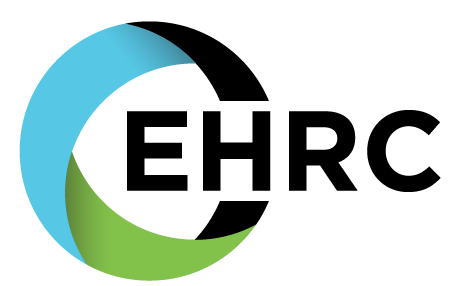Make Health IT Easier – Part 2
As we stated in our previous blog Health IT is innovating our world and improving the quality of patient care, but it can be difficult to navigate and execute successfully. Without experience-based implementation, competent staff, and continuous support for staff and patient users, both your patient’s safety and your ROI are at risk. Below we will discuss more inherent risks and proven solutions.
Training and Continuous Education
At the route of every successful or failed implementation is the staff/end-user communication, training, and support. To be an A-team, your staff must be set up for success, which isn’t accomplished by throwing the hypothetical training book at them. Most healthcare facilities are stuck in the past and have an obvious disconnect between how their staff learns and how they train them. Often technology is thrown at the application as if checking that box is enough for your staff to successfully run with it. And even then, running with complex technology that is the cornerstone of a patient’s care is risky business. Not only could the lack of thorough training affect a patient’s medical records, but incorrect reporting on those records could change their care. As practitioners integrate EHR data into decision-making, such errors could lead to medication errors, wasteful duplication, unnecessary or incorrect treatment, and delayed diagnoses.
Optimization
Once your health IT is implemented and configured, it needs to be fine-tuned to ensure that it performs to its full potential. Optimizing your EHR should be a top priority—not only to qualify for incentives and generate a return on your investment in EHR deployment but also to improve provider adoption and satisfaction. We will assist your organization with optimizing clinical content, workflows, technical build, reporting, and revenue cycle management.
Our EHR optimization consultants work with operational and clinical leaders to optimize EHR solutions and deliver measurable outcomes.
“Providing a support system to help patients and staff when they are having trouble using health IT is essential to your success.”
Support
Whenever an organization’s end-users experience an issue within their health IT it takes a serious toll on their ability to stay productive. This is especially true if the problem affects core elements of staff workflow. We can’t forget that patients are also end-users of health IT, like the EHR. What happens when patients run into an issue at home as they try to access their medical information? Having trained staff on call to support them and their experience is a great solution, but extremely time-consuming and again, cuts into their productivity.
Ensuring that patients have access to their clinical information is more important now than ever with the 21st Century Cures Act. It was designed to make healthcare information more accessible and transparent with a focus on prohibiting information blocking. It aims to give patients and their healthcare providers secure access to health information and increases innovation and competition by fostering an ecosystem of new applications to provide patients with more choices in their healthcare.
The rule includes a provision requiring that patients can electronically access all their electronic health information (EHI), structured and/or unstructured, at no cost.
Providing a support system to help patients and staff when they are having trouble using health IT is essential to your success.
Our expert team is made up of clinicians with deep application knowledge, experienced project managers, and expert technical consultants all focused on improving clinician adoption, productivity, and satisfaction with health IT. As your trusted advisor, we will equip you with the tools to make health IT easier, positioning your facility for value-based care, decreasing burnout, reducing costs, improving patient experience, and increasing quality/safety. Our consultants are certified in all major EHR solutions and can assist and advise on other health IT implementations, optimization, training, and support.

